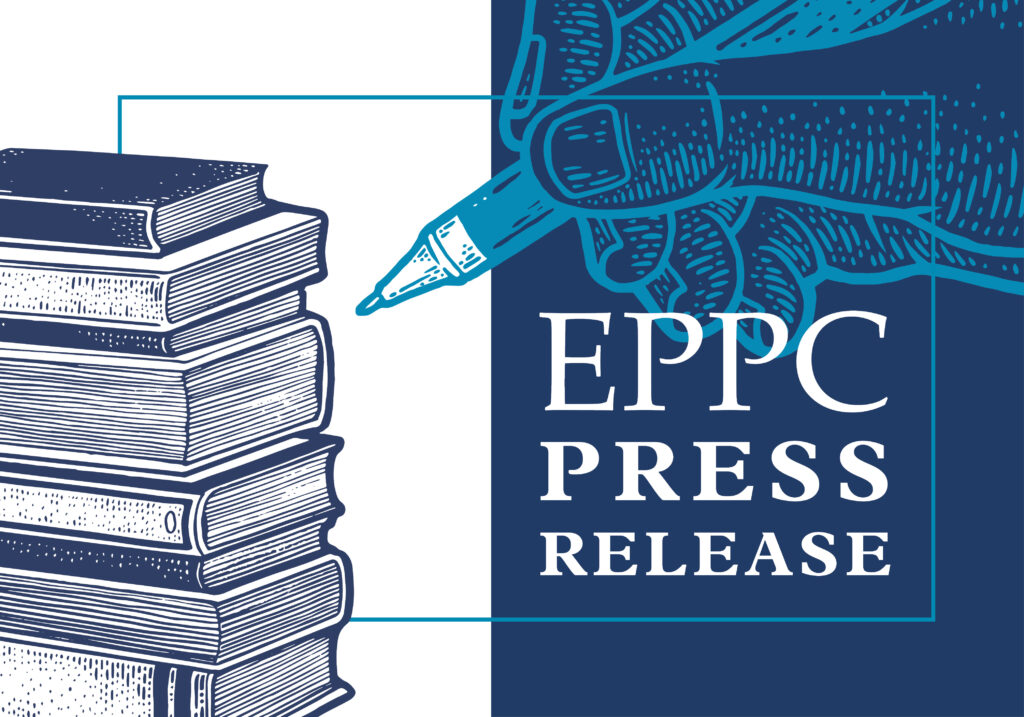
Published June 20, 2023
On Tuesday, June 20, 2023, EPPC’s HHS Accountability Project scholars Eric Kniffin and Natalie Dodson met with federal government officials to discuss concerns over anticipated Health and Human Services Grants rulemaking by the Office for Civil Rights (OCR) at the Department of Health and Human Services. This new rule could continue broadening the arbitrary gender identity discrimination standards and place religious and conscience rights at risk.
The scholars told government officials:
In this case, it is not clear to us why HHS believes there is need for additional rulemaking under 45 CFR Part 75. The 2016 rule issued by the Obama Administration is still in place. The 2018 Trump proposed rule was never finalized, and even it had been, is had been effectively repealed. This was confirmed by a federal court decision, Holston United Methodist Home for Children v. Becerra. In the context of another case, HHS “concluded that the challenged portions of the rule were not promulgated in compliance with the Administrative Procedure Act.” And voluntarily moved the court to vacate and remand the challenged portions of the 2021 Grants Rule. We encourage HHS to take these developments into account as it considers whether there is a need for new rulemaking under this part.
The Department has an obligation to conform any new rulemaking with recent developments in Supreme Court nondiscrimination law… The bottom line from these recent cases is that “A government policy will not qualify as neutral if it is specifically directed at … religious practice.” In other words, when selecting service providers for government programs, the government must treat religious and secular providers the same. This neutral approach respects religious groups’ Free Exercise rights and respecting Free Exercise rights does not violate the Establishment Clause. The school district in Kennedy contended that though Coach Kennedy’s prayers “might have been protected by the Free Exercise and Free Speech Clauses,” those rights had to “yield” where they were in “direct tension” with the “competing demands of the Establishment Clause. But the Supreme Court squarely rejected this approach as inconsistent with the “natural reading” of the First Amendment, which indicates that its enumerated rights are “complementary,” not competing.
A written version of their comments, submitted to the government, is available here (PDF).
Eric Kniffin is a fellow at the Ethics and Public Policy Center, where he works on a range of initiatives to protect and strengthen religious liberty as part of EPPC’s HHS Accountability Project.








